India’s Global Capability Centres (GCCs) are no longer just back-office hubs, they are evolving into strategic drivers of innovation, AI-led disruption, and global decision-making while contributing to the country's economy.
As per the Centre's latest vision, the sector is poised to nearly double its revenue to $120-130 billion by 2030, up from $64.6 billion currently, forming a critical pillar of the country’s march toward a $10 trillion economy by 2035.
Speaking at the inaugural CII GCC Business Summit 2025 in New Delhi, Finance Minister Nirmala Sitharaman emphasised the country's growing global leadership in AI and STEM capabilities. “We have among the highest penetration of AI skills globally,” she said, adding that India now accounts for 32 per cent of global GCC talent, 28 per cent of the world’s STEM workforce, and 23 per cent of global software engineering talent.
“Our vision is clear: we are not just preparing for the future; we are building it,” Sitharaman said, pointing to skilling initiatives like the PM Kaushal Vikas Yojana, under which over 1.6 crore youth have been trained.
$120 billion revenue by 2030?
India currently hosts 1,800 GCCs, employing over 2.16 million professionals and contributing $68 billion to GDP. With 700–800 more centres expected in the next five years, the government is targeting $120 billion in GCC-driven revenue by 2030.
“If you look at current stats, GCCs contribute around 1.3-1.4 per cent of India’s GDP as of 2025,” Nancy Bhatt, Managing Director at Protiviti, told Zeebiz.com. “To reach $120 billion, we’ll need to add $10-15 billion in revenue each year.”
Noting that the sector is creating around 1,50,000 jobs annually, Bhatt said the real focus must now shift to how this growth is achieved through curriculum reform, workforce readiness, and enabling policies.
Tier-2 cities in focus
India’s Tier-2 and Tier-3 cities are fast emerging as the next big hubs for talent, especially since a large chunk of professionals in Tier-1 cities mostly migrate from these regions. With metros like Bengaluru, Delhi, and Mumbai reaching saturation, GCCs are now eyeing cities such as Kochi, Ahmedabad, and Jaipur to expand their operations. The central government is also actively encouraging this shift by offering regulatory support and tax incentives—models like GIFT City serve as prime examples of how policy can help attract GCC investments beyond traditional urban centres.
Bhatt noted the challenge of convincing companies to move beyond traditional hubs like Bengaluru’s Outer Ring Road (ORR). However, she added, “Most of the talent in metros actually migrates from smaller cities. If we can demonstrate the depth of talent in Tier-2 locations, GCCs will follow.”
The pandemic has also brought a subtle shift in autonomy. Around 5,000-10,000 global roles have moved to India post-COVID, but Bhatt believes there's room for much more local leadership.
GCCs need regulatory clarity for AI
Despite India’s AI talent depth, GCCs are yet to fully embrace AI due to data privacy laws and internal compliance frameworks. “To implement AI, data must remain within internal systems. It cannot be externalised,” Bhatt explained. “That’s a big constraint. But we do see traction building for AI use cases—especially with growing regulatory clarity.”
GCCs can add $0.5 trillion to India’s GDP
According to Gunjan Samtani, Co-Chairman of Goldman Sachs India, GCCs could contribute $0.5 trillion as gross value added to India’s economy by the time it hits the $10 trillion GDP mark over the next decade.
"65 per cent of the global growth between now and 2035 will come from emerging markets, and India...is a bright spot," he said, adding that "We will be the fastest growing economy in the world, and will become a $10 trillion economy in the next decade."
He noted that global technology spending will cross $4.9 trillion by 2025, with AI seen as the most significant disruption opportunity.
Government Support: Policy, FTAs and regulatory certainty
To support the ecosystem, Sitharaman said the government is reducing approval timelines, ensuring tax certainty (including Advance Pricing Agreements), and offering integrated administrative assistance across ministries.
She urged global companies to look beyond metros, citing GIFT City as a model for regulatory facilitation. “India must not lose this opportunity,” Sitharaman said, pledging full government support for GCC expansion.
Commerce Secretary Sunil Barthwal added that Free Trade Agreements (FTAs) are becoming critical enablers of GCC success. He cited the India-UK FTA as an example, which includes a dedicated innovation chapter to build stronger service and tech linkages.

 6 hours ago
1
6 hours ago
1
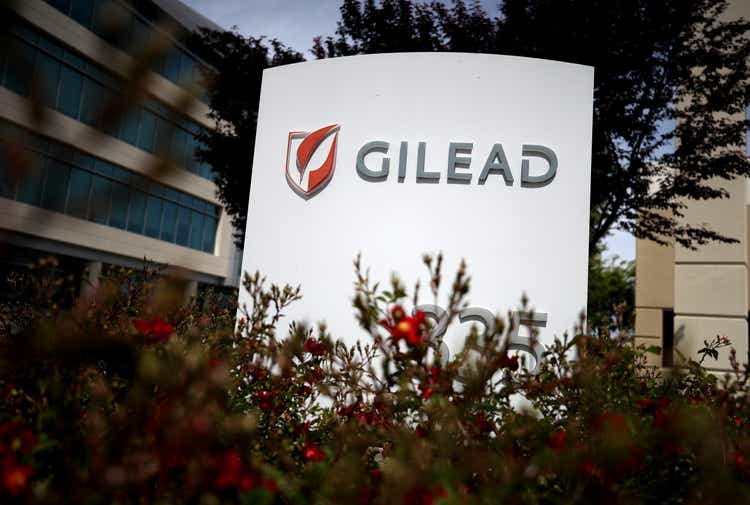

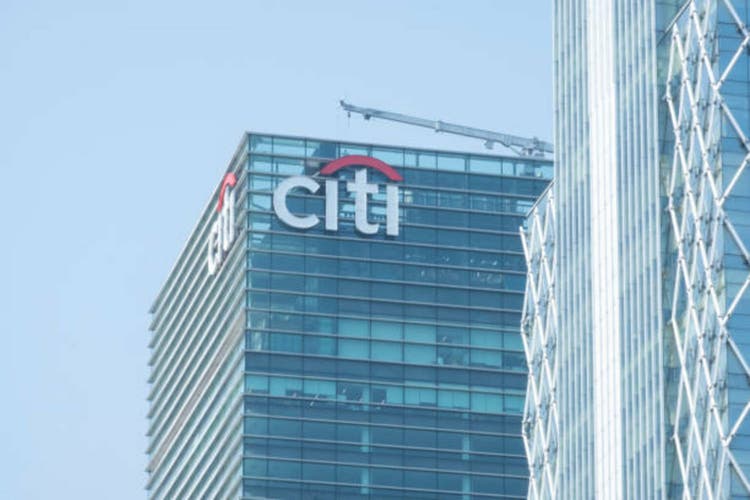
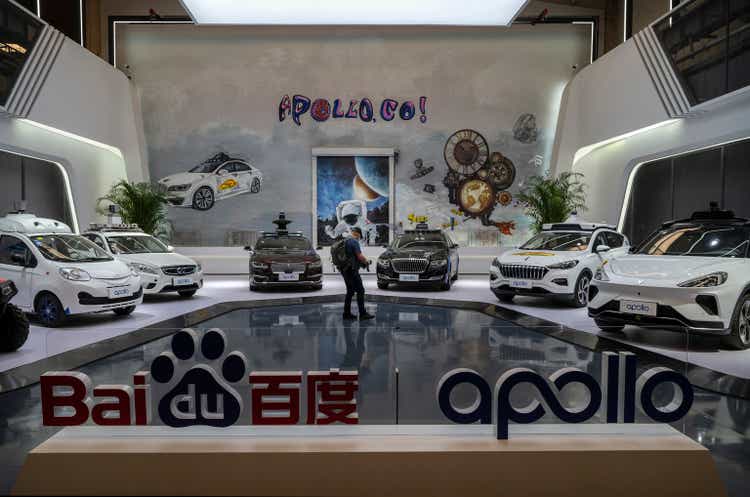









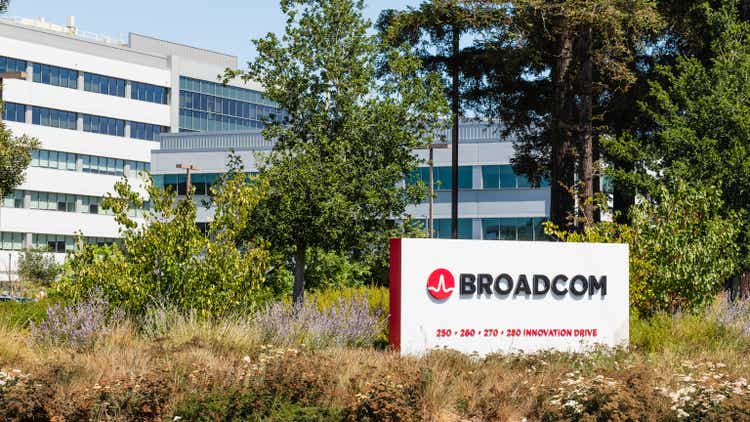


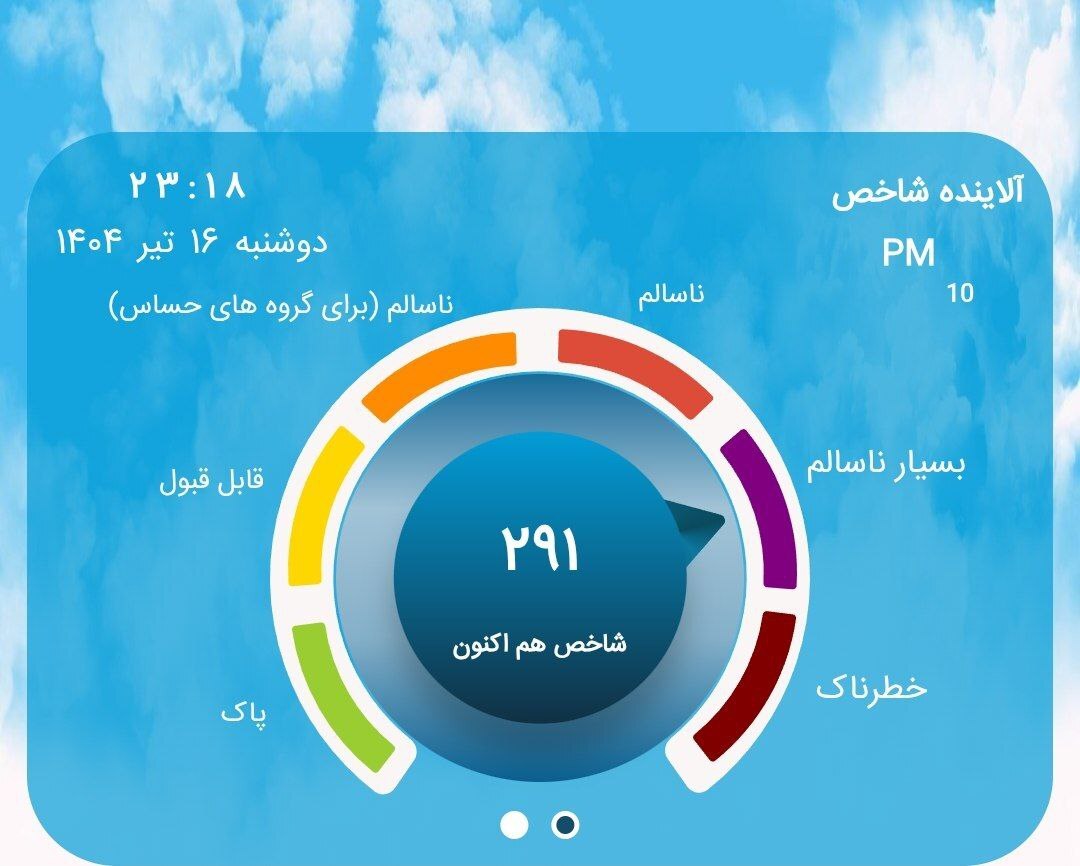
 English (US) ·
English (US) ·